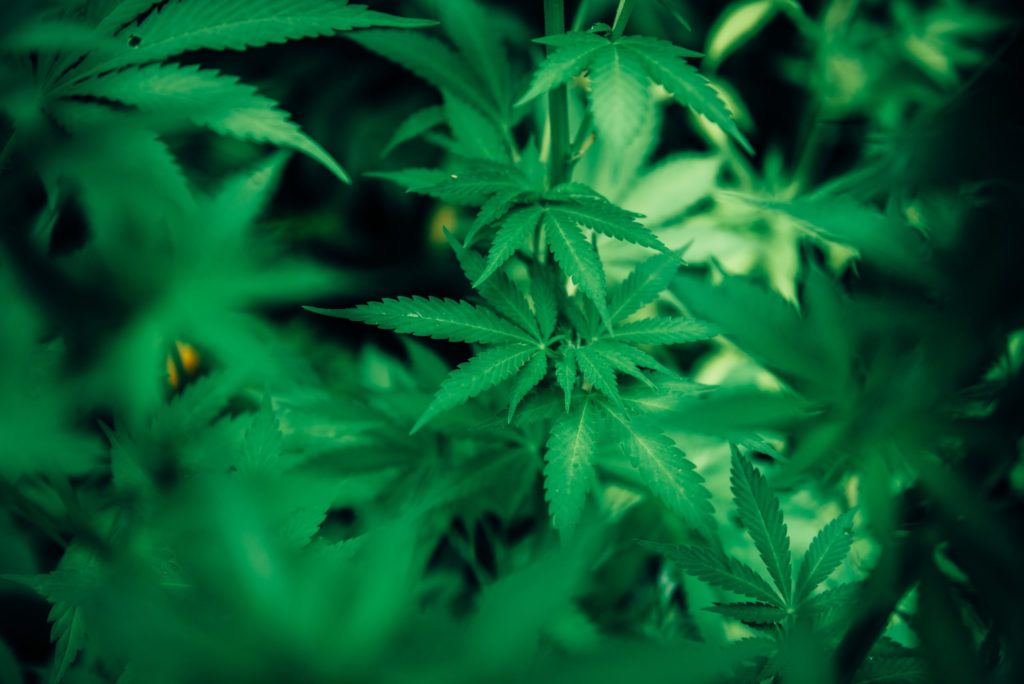“We need to help our members know the political climate and go to their legislators with an education package. Don’t be condescending, or treat them like idiots, or make it personal, or dress in a chicken suit or block a doorway.”
Cheyanne Weldon, Director of Women’s Outreach for Texas NORML, had Marijuana educational experience the 52 attendees from seven states were eager to hear at the first ever Southeast NORML Conference, December 15, 2012 in Nashville, TN.
“Keep in mind, it’s your lawmakers’ job, whatever they do or don’t do you don’t like, they’re just keeping their job. Once you get over and through that, you’re just educating them in conversations with peers. The Summary sheet tells who we are, what want and contains a section on decriminalization, facts around it and action we want them to take. ”
Weldon said her challenge in Texas is that the Legislature meets only 120 days every two years and they have to be prepared to educate legislators efficiently within the parameters available to them.
“Get as many supporters to deliver (the education package) to their own representatives and advise them on what to be prepared for. Personal deliveries are good to create that conversation as a first step. They (state reps) are uneducated in a lot of these aspects. Many legislative aids had no idea that marijuana was in (the same) class like heroine, and that hemp (fiber) is illegal too. Nothing will happen until we get more people to call their offices and tell them about it,” adds Weldon.
This was the tone of the day as Greta Gains explained the history of hemp in the US and how the plant has thousands of positive uses and her letter to the president outlining how it can help our economy (See link for the full letter). Tennessee Congressman Steve Cohen sent a letter to the NORML SE Conference outlining his efforts to reform marijuana laws after 40 years of a counter productive drug war.
Chris Butts of the Alabama Medical Marijuana Coalition explained how pain pills for a spinal injury ruined his life and how he got it back by switching to marijuana. Epidemiologist Bernie Ellis, the first Federal Medical Marijuana convict seeking a presidential pardon, listed numerous uses medical uses for cannabis and shared the Tennessee Safe Access to Cannabis proposal and revenue plan he has offered to the State of Tennessee Legislature. More presenters and information to follow.
“Coming Together for Change” Part Two by Bamboo Jones
Organizing and educating marijuana activists on how to speak to state legislators, and before Kiwanis and Rotary Clubs, at gun shows, cancer runs and festivals were a big part of the Dec 15, 2012 SE NORML Conference in Nashville. By spreading information and sharing resources to change the laws it will benefit medical patients, personal users, and increase state revenues with non-psychoactive hemp production.
Ron Crumpton, Executive Director of the Alabama Medical Marijuana Coalition stated that we need to organize core groups with three components; looks, brains and brawn. The poster child who has a good story and speaks well, someone with smarts for organizing (or willing to learn) and someone to do the heavy lifting of support.
“You need a core group of dedicated individuals who can successfully run the organization and not kill each other. When you get advocates, they can be opinionated, or have a temper, and when you’re building a group, you need to look at the personalities involved so they don’t cause problems,” says Crumpton, who shared how his fellow teammates fall into those three categories, each bringing different strengths to the table.
Crumpton, who has testified before his state’s Senate and House Judiciary Committees said, ” Don’t expect a lot the first year, just build relationships. In our third year of doing this, we got guys to sit and talk with us. Get to know them, remember all they say, if their kid’s in the hospital, etc. It’s important not to get angry. You can tell a person a lot more things in a non-angry manner. Never lie, it will come back to bite you.”
After building your core group, Crumpton said it’s important to have your organization represented every day of the legislative session. “The guys at statehouse have stopped seeing me as that pot guy, and started seeing me as Ron.” Crumpton feels public awareness outside the legislature is also key. “It’s important to get out and talk to people, they’re not going to come to you, you have to take it to them. We’re out every weekend somewhere – at a festival, putting up tents selling shirts and getting people to sign letters of support.”
Paul Kuhn, Chairman of the NORML Board, said, “If we don’t get out, stand up and talk about this, it’s not going to change.” Kuhn reports good results with the booklet, Marijuana: Historical, Legal and Medical Facts and that it’s time to get out and speak to: Rotary, Kiwanis and Exchange Clubs as well as senior citizens and church groups. “Many of them have monthly meetings and need speakers”. He cited the importance of developing speakers who can make good presentations to educate the public.
Sabrina Frederick, the Southeast NORML Chapter Coordinator and NORML Women’s Alliance Director, led us in the afternoon workshop. We received information on team building and shared strategy (neworganizing.com), learned about building relationships with the snowflake model, and worked on shared purpose within our state groups.
In many ways, this conference was just the beginning of a larger, greater change that is already happening across the U.S. Responsible adult citizens are coming out to say they smoke cannabis, and ready to educate their communities and states in order to change current marijuana laws into reasonable new policies that will benefit us all.
Kudos to the organizers, presenters and all who attended. Change is in the air.
Source: Tennessee NORML






